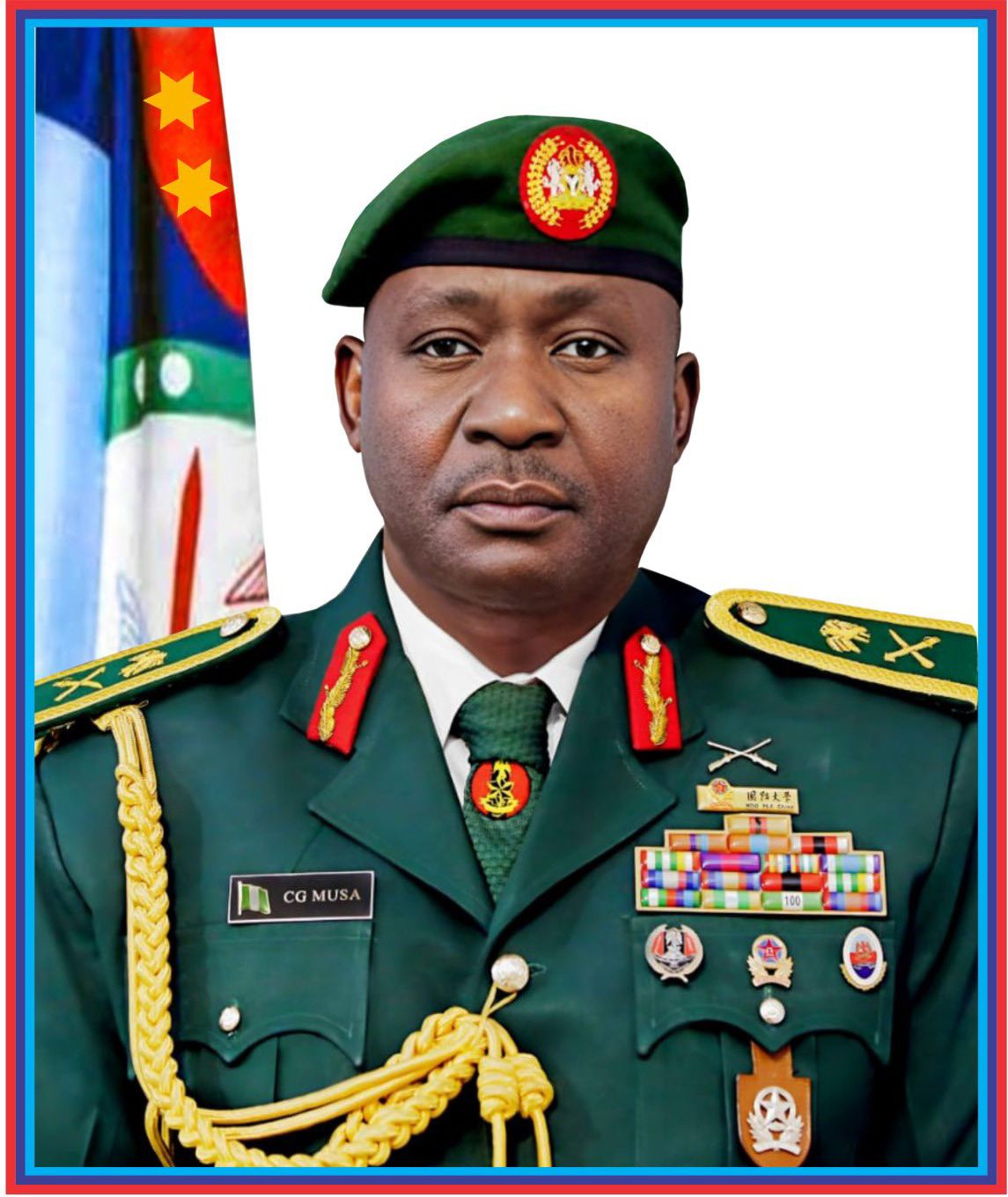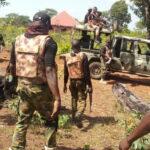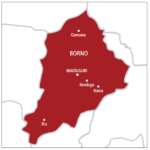The recent confirmation by Nigeria’s Defence Headquarters of a new terror group, the Lakurawas, emerging in the northwestern states of Sokoto and Kebbi, is a concerning development that demands immediate, action from Nigeria’s armed forces. This new sect, linked to terror groups in the Sahel region, poses a grave threat that, if left unchecked could exacerbate Nigeria’s security challenges and destabilise the region. Nigeria cannot afford to allow this sect to fester into a large-scale menace like Boko Haram, which has already wreaked havoc in the northeast and spilled over into neighboring countries. To prevent a repeat of this grim history, the Nigerian Armed Forces must intensify efforts to dismantle the Lakurawas before they can establish a stronghold.
The Lakurawas terror group entered northern Nigeria following political upheavals in neighboring Mali and Niger Republic. The recent military coups in these countries have disrupted military cooperation in the region, weakening the previously coordinated response to cross-border terrorism. The incursion of the Lukarawas into Sokoto and Kebbi states is a direct consequence of these geopolitical shifts. The sect’s foothold in Nigeria represents not only a serious national security threat but also an alarming expansion of violent extremist networks into new areas of the country. To protect national stability, this problem must be crushed at its nascent stage.
Nigeria’s experience with Boko Haram provides critical lessons in the dangers of allowing terrorist groups to gain momentum. For too long, Boko Haram was underestimated, which allowed it to morph into a formidable terror group capable of mass kidnappings, bombings, and widespread violence. While the Nigerian military has significantly reduced Boko Haram’s strength, the cost in lives, economic stability, and national unity has been immense. The emergence of the Lakurawas must be approached with the understanding that failing to act now could lead to similarly devastating consequences, both in human cost and in the strain on national resources.
As Major General Edward Buba, Director of Defence Media Operations, confirmed, the Nigerian military is already aware of the Lakurawas presence and has begun containment efforts. However, containment alone will not suffice. Given that the Lukarawas are affiliated with seasoned terror networks in Mali and Niger, Nigeria’s armed forces must commit to a proactive, multi-pronged strategy aimed not just at containing but completely eradicating this group. The military must be supported with adequate funding, enhanced intelligence, and regional cooperation to launch a full-scale offensive to dislodge the sect and prevent its expansion.
In addition to direct military action, the government must address the root causes that make regions susceptible to extremist ideologies. Socioeconomic factors, particularly in the northwestern regions, make communities vulnerable to terrorist recruitment. These areas suffer from poverty, low levels of formal education, and limited employment opportunities, leaving many young people disenfranchised and susceptible to recruitment by extremist groups. Complementing military efforts with investment in socioeconomic programmes will help weaken the Lakurawas’ influence and prevent the rise of future terror cells. Empowering local communities with education, jobs, and basic infrastructure can make a significant difference in making the population more resilient against extremist ideologies.
To bolster the fight against Lakurawas, Nigeria must also rebuild regional alliances. The breakdown of military cooperation between Nigeria and Niger, following Niger’s recent coup, has hampered the effective border control crucial for managing cross-border terrorist incursions. The Nigerian government should consider diplomatic efforts to restore some form of security collaboration with Niger, Mali, and other neighboring states. Cross-border intelligence sharing and coordinated border patrols are essential for preventing these groups from using Nigeria’s borders as open channels for recruitment, training, and resource smuggling.
As the Nigerian Armed Forces take on this critical fight, they need the unwavering support of both the government and the citizenry. Financial resources should be directed towards enhancing the military’s capabilities, and logistical support must be maintained consistently to ensure that troops on the ground have the necessary tools to combat this threat effectively. Additionally, the public must stay vigilant and report suspicious activities in their communities to aid in intelligence gathering. Collective action from all sectors of society will reinforce the military’s ability to combat the Lakurawas and neutralise this emerging threat.
In summary, Nigeria’s handling of the Lakurawas will determine whether this sect becomes an entrenched terror organisation or is quickly defeated. The Nigerian Armed Forces have shown resilience and courage in past battles, and with the right resources and strategy, they are more than capable of neutralising this threat. However, the stakes are high, and delay is not an option. With a commitment to proactive military intervention, socioeconomic investment, regional cooperation, and public support, Nigeria can avoid repeating the mistakes of the past and safeguard its future from this latest threat.
Abdullahi Galadima, a public affairs analyst wrote from Utako, Abuja

 Join Daily Trust WhatsApp Community For Quick Access To News and Happenings Around You.
Join Daily Trust WhatsApp Community For Quick Access To News and Happenings Around You.


